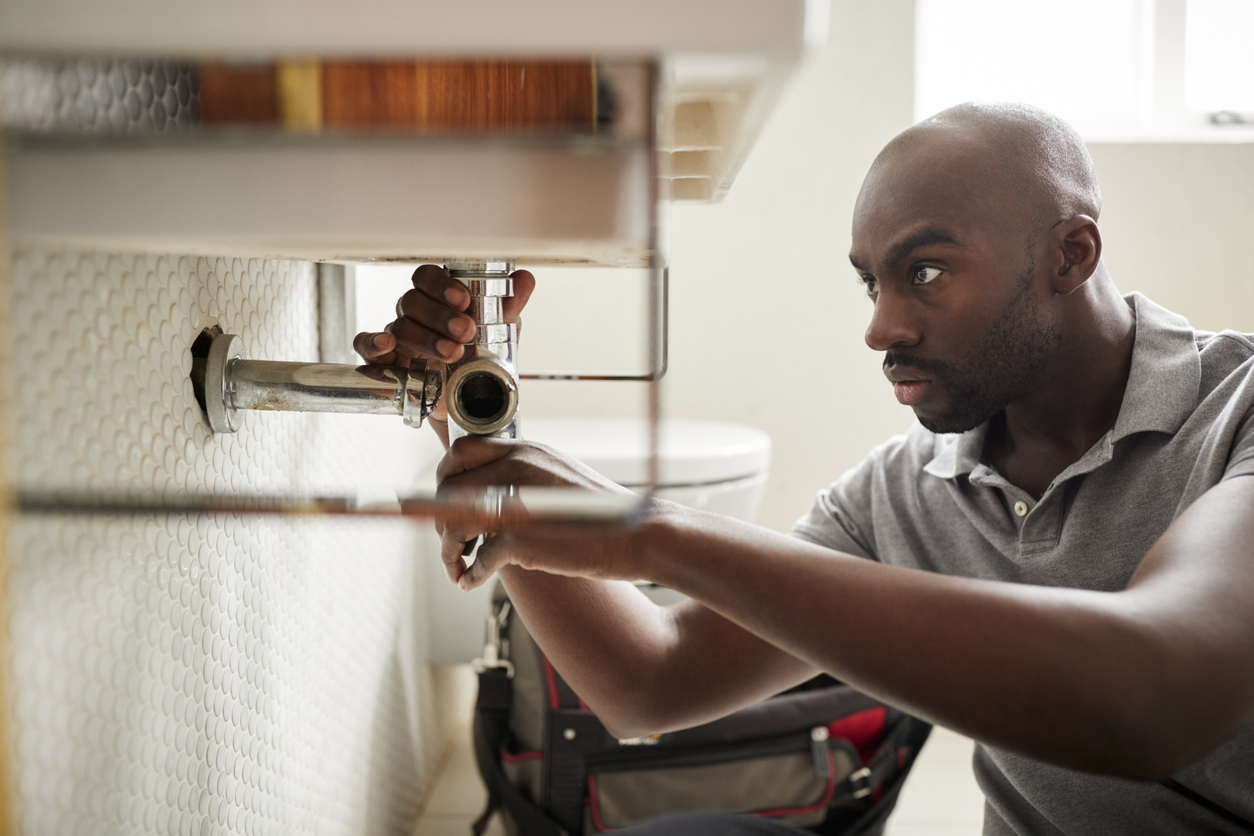



When a leaseholder refuses to pay for repairs to a property, it can lead to disputes between the leaseholder and the freeholder or managing agent. In the UK, most lease agreements include clauses that require the leaseholder to contribute to the cost of repairs and maintenance, either through a service charge or a contribution to specific works. Here's what both freeholders and leaseholders should know, as well as the steps to resolve such disputes:
There are several reasons why a leaseholder might refuse to pay for repairs:
If a leaseholder refuses to pay for repairs or service charges, freeholders have several options:
The first step is to review the lease. Ensure that the repairs or works fall within the responsibilities outlined in the lease, and that the correct procedure for notifying the leaseholder has been followed.
If there’s a dispute over the necessity or cost of the repairs, a qualified surveyor can assess the property and confirm whether the repairs are necessary and if the costs are reasonable.
Freeholders or managing agents should provide a clear, itemised breakdown of the repair costs. This can help address concerns about overcharging and provide reassurance that the charges are justified.
Before resorting to legal action, it’s often helpful to engage in mediation or negotiation. This can resolve disputes more quickly and with fewer costs. Mediation services can help both parties reach an agreement without formal proceedings.
If all else fails, the freeholder can take legal action:
Leaseholders who believe they are being unfairly charged should take the following steps:
Check the lease terms to see if the requested repairs and associated costs are justified. Some leases may specifically outline the types of repairs and works leaseholders are responsible for paying.
Leaseholders have the right to request information from the freeholder or managing agent regarding the scope of works and cost estimates. Ensure the charges are in line with what the lease allows.
If the costs seem excessive, leaseholders can challenge them at the First-tier Tribunal (Property Chamber). The tribunal will assess whether the repairs and the associated charges are reasonable and in accordance with the lease.
If financial hardship is preventing payment, leaseholders should communicate this to the freeholder or managing agent. In some cases, a payment plan or deferred payment option may be arranged.
This tribunal is often the final arbiter for disputes between freeholders and leaseholders regarding service charges and repairs. Either party can apply to the tribunal if there’s disagreement about:
The tribunal will examine the case, review evidence (e.g., surveys, invoices, etc.), and make a decision on whether the leaseholder is liable to pay for the repairs or service charge.
If a leaseholder refuses to pay service charges or repair costs without a valid reason, they may face:
Disputes between leaseholders and freeholders can be stressful and complex. Fraser Bond offers expert advice and mediation services to both parties, helping resolve issues related to service charges, repairs, and maintenance obligations. Whether you are a leaseholder challenging unreasonable charges or a freeholder dealing with non-payment, our team can guide you through the legal process and ensure a fair resolution.